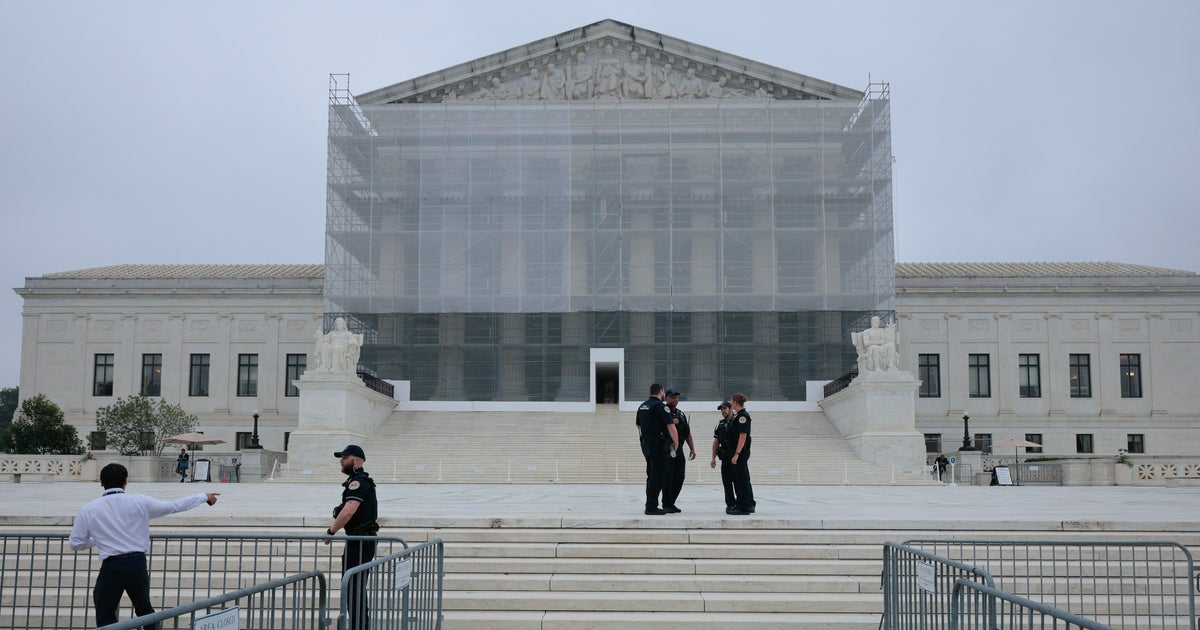Supreme Court Readies for Landmark Term Dominated by Trump Policies
Supreme Court Readies for Landmark Term Dominated by Trump Policies

The Supreme Court is poised for a pivotal term beginning October 6, 2025, with an unprecedented number of cases challenging President Trump’s second-term policies expected to dominate the docket. Legal experts predict this term will significantly define the limits of executive power, with potential ramifications across the economy, immigration, and the structure of federal agencies.
Among the most immediate cases, the high court announced Tuesday it will hear arguments in early November regarding the legality of President Trump’s sweeping tariffs imposed on numerous U.S. trading partners. This follows a late-August ruling by the U.S. Court of Appeals for the Federal Circuit, which found many of these duties illegal under emergency powers law, a decision the Justice Department has appealed.
The justices will also face ongoing disputes over immigration, including the Trump administration’s efforts to terminate Temporary Protected Status (TPS) for Venezuelan migrants, a move currently allowed by the Supreme Court despite lower court rulings. Furthermore, legal battles over the use of the 1798 Alien Enemies Act for swift deportations continue, with the 5th Circuit recently rejecting its application in a key case, a decision the Department of Homeland Security plans to appeal.
The scope of presidential authority to dismiss officials at independent agencies is another major flashpoint. The Supreme Court has already granted emergency relief allowing the Trump administration to fire members of the NLRB and MSPB while their cases proceed. The administration is also pressing the high court to directly address the constitutionality of removal protections for FTC commissioners, bypassing lower appellate courts.
Finally, the contentious issue of birthright citizenship, challenged by a Trump executive order, continues its legal journey. Following a July ruling by the 9th Circuit deeming the order unconstitutional, the White House has signaled its intent to appeal, setting the stage for a potential Supreme Court review on this foundational constitutional question.
This upcoming term promises to be a battleground over the legality and reach of the executive branch, with the Supreme Court’s decisions shaping the future of American policy.
Disclaimer: This content is aggregated from public sources online. Please verify information independently. If you believe your rights have been infringed, contact us for removal.